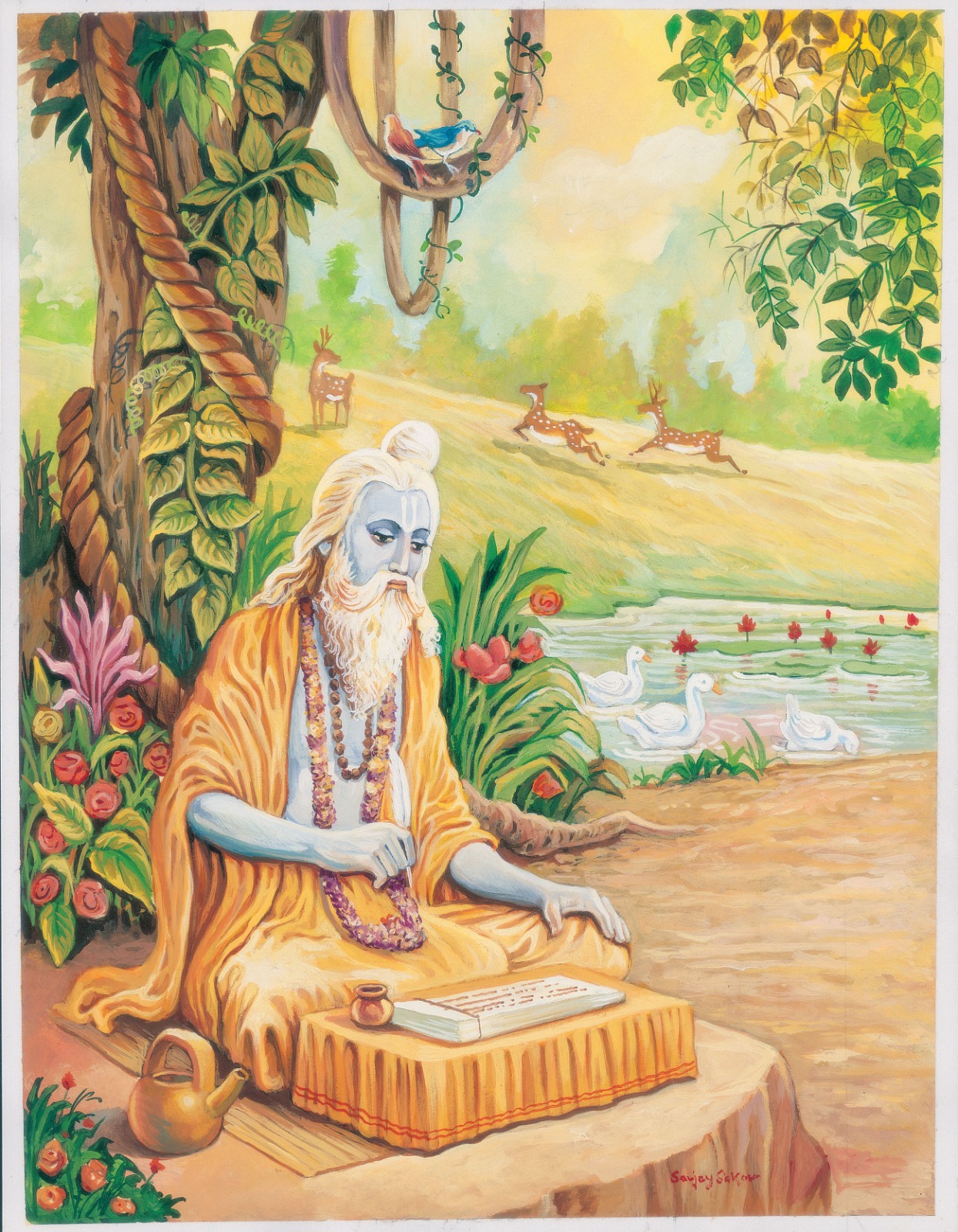

बलं बलवतां चाहं कामरागविवर्जितम् |
धर्माविरुद्धो भूतेषु कामोऽस्मि भरतर्षभ || 11||
balaṁ balavatāṁ chāhaṁ kāma-rāga-vivarjitam
dharmāviruddho bhūteṣhu kāmo ’smi bharatarṣhabha
balam balavatam chaham kama-raga-vivarjitam
dharmaviruddho bhuteshu kamo ’smi bharatarshabha
BG 7.11: O best of the Bharatas, in strong persons, I am their strength devoid of desire and passion. I am sexual activity not conflicting with virtue or scriptural injunctions.

Start your day with a nugget of timeless inspiring wisdom from the Holy Bhagavad Gita delivered straight to your email!
Desire is an active craving for things not attained. Fueled with passion, one achieves and experiences the desired objects. But this causes attachment, which is a passive mental emotion that provokes the thirst for more. Therefore, when Shree Krishna states kāma-rāga-vivarjitam; He means “devoid of passion and attachment.” Explaining the nature of His strength, He says that He is the serene and sublime strength in people, which empowers them; to successfully fulfill their duties and responsibilities.
When sexual activity is undertaken only for sensual pleasure and is devoid of any regulative principles, it is considered beastly or animalistic. Whereas, it is regarded, in line with the scriptural injunctions and not a contrary virtue, when carried out for procreation by a householder. Here, Shree Krishna has mentioned that within the institution of marriage, He is the controlled, virtuous, and well-intended sexual activity of a householder.